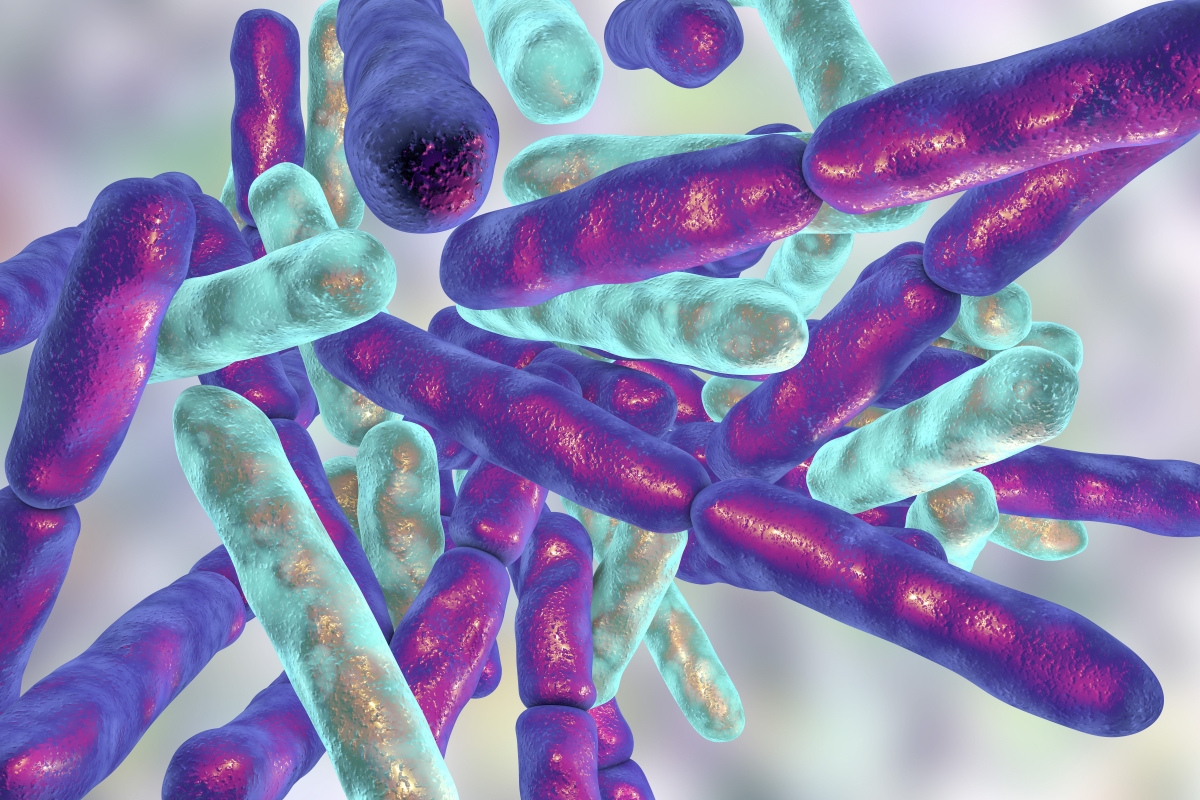Acute stress-induced alterations in short-chain fatty acids: Implications for the intestinal and blood-brain barriers
Acute Stress affects SCFA (Short-chain fatty acids)
Understanding how the body responds to acute stress is essential for uncovering how chronic stress develops over time. A single exposure to acute stress can rapidly influence the gut-brain axis, including increased intestinal permeability, although the exact mechanisms underlying this effect remain unclear. Short-chain fatty acids (SCFAs), which are microbial metabolites, play a crucial role in gut-brain communication and can influence the function of both the gut and the brain. This study by Rosell-Cardona et al. (2025) aimed to investigate whether acute stress affects SCFA production in the gut and what impact this might have on gastrointestinal and brain barrier function. Findings showed that acute stress led to decreased levels of SCFAs, especially butyrate and acetate, in the caecum. In cell-based models, these SCFAs were able to prevent damage to gut and brain barriers caused by lipopolysaccharide (LPS) in a dose-dependent way. This protective effect was linked to changes in the abundance and structure of tight junctions. Overall, the results highlight a protective role for SCFAs in maintaining barrier integrity following acute stress, offering new insight into their importance in gut-brain axis function. [NPID: Acute stress, short-chain fatty acids, microbiota-gut-brain axis, barriers. microbial metabolites]
Year: 2025
 Navigation
Navigation









